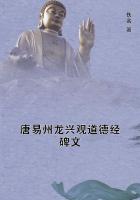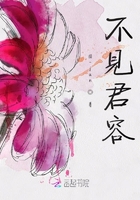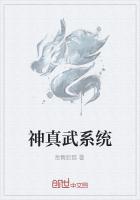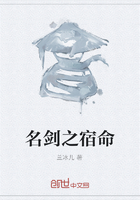From the place where we stood I overlooked the back of the battle-field and could see an anxious congress of officers. I could see others, too, whose appearance I did not like. They had not been there when I operated on the megaphone. They must have come downhill from the aerodrome and in all likelihood were the pursuers I had avoided. The exhilaration which I had won in the air and which had carried me into the tomfoolery of the past half-hour was ebbing. I had the hunted feeling once more, and grew middle-aged and cautious. I had a baddish record for the day, what with getting Archie into a scrape and busting up an official cinema show -neither consistent with the duties of a brigadier-general. Besides, Ihad still to get to London.
I had not gone two hundred yards down the road when a boy scout, pedalling furiously, came up abreast me.
'Colonel Edgeworth wants to see you,' he panted. 'You're to come back at once.'
'Tell him I can't wait now,' I said. 'I'll pay my respects to him in an hour.'
'He said you were to come at once,' said the faithful messenger.
'He's in an awful temper with you, and he's got bobbies with him.'
I put on pace and left the boy behind. I reckoned I had the better part of two miles' start and could beat anything except petrol. But my enemies were bound to have cars, so I had better get off the road as soon as possible. I coasted down a long hill to a bridge which spanned a small discoloured stream that flowed in a wooded glen. There was nobody for the moment on the hill behind me, so Islipped into the covert, shoved the bicycle under the bridge, and hid Archie's aquascutum in a bramble thicket. I was now in my own disreputable tweeds and I hoped that the shedding of my most conspicuous garment would puzzle my pursuers if they should catch up with me.
But this I was determined they should not do. I made good going down that stream and out into a lane which led from the downs to the market-gardens round the city. I thanked Heaven Ihad got rid of the aquascutum, for the August afternoon was warm and my pace was not leisurely. When I was in secluded ground Iran, and when anyone was in sight I walked smartly.
As I went I reflected that Bradfield would see the end of my adventures. The police knew that I was there and would watch the stations and hunt me down if I lingered in the place. I knew no one there and had no chance of getting an effective disguise. Indeed Ivery soon began to wonder if I should get even as far as the streets.
For at the moment when I had got a lift on the back of a fishmonger's cart and was screened by its flapping canvas, two figures passed on motor-bicycles, and one of them was the inquisitive boy scout. The main road from the aerodrome was probably now being patrolled by motor-cars. It looked as if there would be a degrading arrest in one of the suburbs.
The fish-cart, helped by half a crown to the driver, took me past the outlying small-villadom, between long lines of workmen's houses, to narrow cobbled lanes and the purlieus of great factories.
As soon as I saw the streets well crowded I got out and walked. In my old clothes I must have appeared like some second-class bookie or seedy horse-coper. The only respectable thing I had about me was my gold watch. I looked at the time and found it half past five.
I wanted food and was casting about for an eating-house when I heard the purr of a motor-cycle and across the road saw the intelligent boy scout. He saw me, too, and put on the brake with a sharpness which caused him to skid and all but come to grief under the wheels of a wool-wagon. That gave me time to efface myself by darting up a side street. I had an unpleasant sense that I was about to be trapped, for in a place I knew nothing of I had not a chance to use my wits.
I remember trying feverishly to think, and I suppose that my preoccupation made me careless. I was now in a veritable slum, and when I put my hand to my vest pocket I found that my watch had gone.
That put the top stone on my depression. The reaction from the wild burnout of the forenoon had left me very cold about the feet. Iwas getting into the under-world again and there was no chance of a second Archie Roylance turning up to rescue me. I remember yet the sour smell of the factories and the mist of smoke in the evening air.
It is a smell I have never met since without a sort of dulling of spirit.
Presently I came out into a market-place. Whistles were blowing, and there was a great hurrying of people back from the mills. The crowd gave me a momentary sense of security, and I was just about to inquire my way to the railway station when someone jostled my arm.















